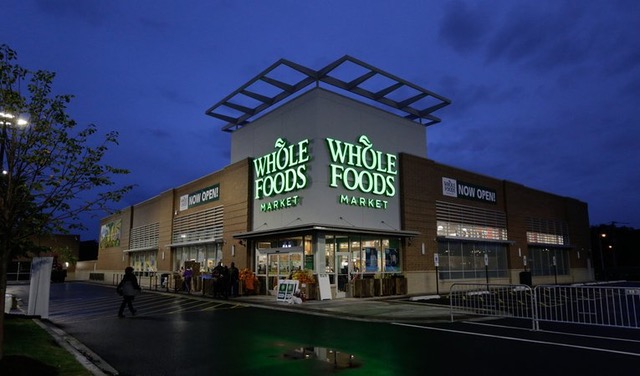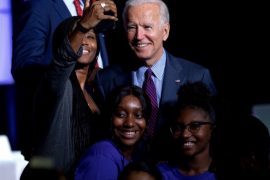The closing of the Whole Foods Market in Englewood Square comes as no surprise. The store was an ill fit for the community in the first place. Sorry, but a store that sells soap for $18 per pound, white cherries for $10 a pound in the summer, and $8.00 for strawberries does not fit the comforts of the Englewood community. Even when they said we would watch our pricing, it was the wrong store for the community. Please don’t believe it when a business person says they are more interested in serving the community and it is not about making money. So, there are a couple of things.
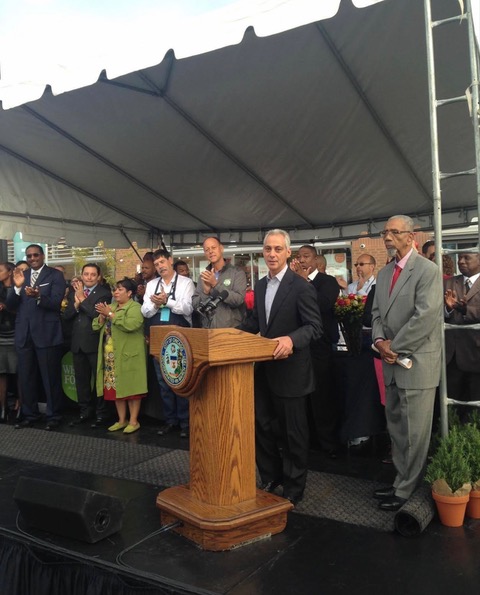
The store was the brainstorm of then-Mayor Rahm Emanuel as he tried to address the problem of food deserts in underserved Black communities. He honestly thought the store at 832 West 63rd Street would be a game-changer, maybe even an example for the city. So, he found tax credits and TIF money, tax-paying dollars to the tune of $26 million, and opened a grocery store right across the street from the new Kennedy King College that would rebuild the community.
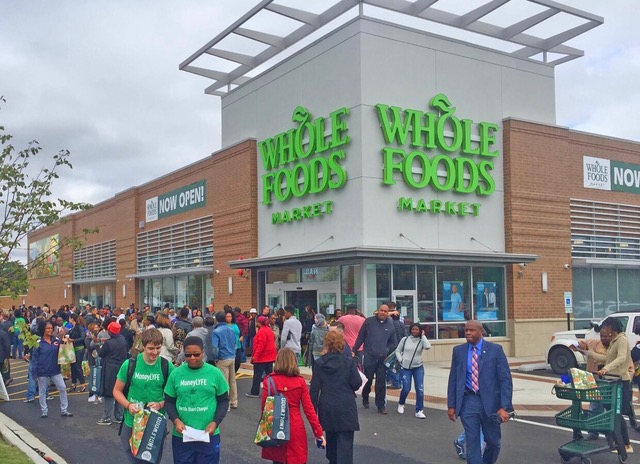
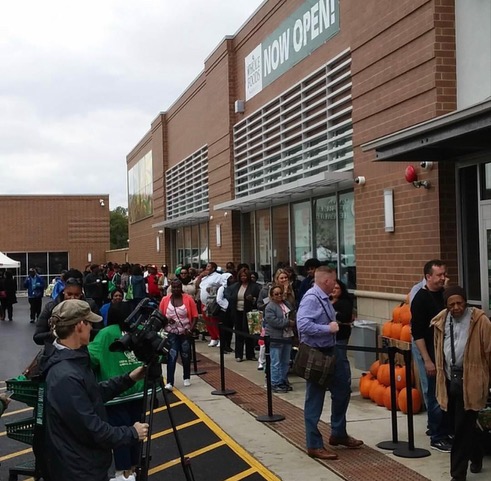
The store opened in 2016 and closed six years later, closing with an unfulfilled lease. They will continue to pay rent unless the lease is broken. Will tax-paying dollars be in the game? Probably not? The original lease was for 15 years; the lease is up in 2031. So, Emanuel opens Whole Foods in terms of mayoral legacy, and Mayor Lori Lightfoot watches it close as she intentionally builds South and West sides. Go figure.
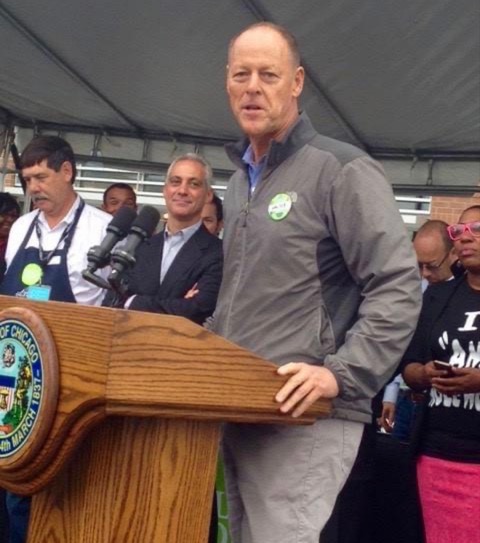
Something happened along the way. Walter Robb was the business brain in the opening of the store.
A real entrepreneur and great teacher, he taught people the food business and how to get the product on the food shelf. He worked closely with Team Englewood to prepare people for entrepreneurship and even financed start-up businesses with marketing, money, and business advice.
On January 3, 2021, Amazon bought Whole Foods and a new game came about. The caring for the community vanished.
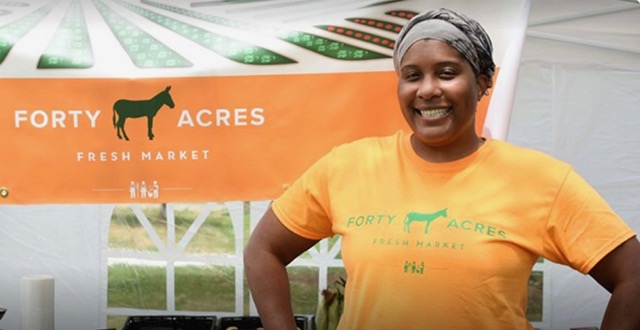
The city can give a store like Whole Foods $26 million to open; how about handing the store off to food entrepreneurs. Representative LaShawn Ford looked at the store closing as an opportunity for entrepreneurship-type ownership. The rent is paid, and the store is built and ready for food. A couple just opened a store on the Westside in another food desert community. When the Old Salvation Army building at 5713 W. Chicago Ave. went on the market, Forty Acres Fresh Market CEO Elizabeth Abunaw approached West Side Health Authority, a local organization she has worked with, about developing the building with her.
“I said, ‘It needs some work, but it has a parking lot. It’s a corner property. It’s pretty close to Oak Park, so that will be in an area [where] we’ll have a diverse customer base. I think this could be the site of Forty Acres Fresh Market. Want to develop it with me?” Tracy Smith has been with Forty Acres since the beginning. They are eligible.

A young man in Englewood, Dion Dawson, has a non-profit called the Chicago Dream and has a program called the Dream Fridge. It provides free fresh food daily to the residents of the neighborhood. He is eligible.
The owners of Chatham Foods, Leonard and Donna Harris, could mentor a new young Black store owner. They were one of few Black-owned grocers in the country until they sold.
Pete’s would be a great candidate for the store. Lastly, another retailer could assume the store with an excellent deal of free rent—a store like Mariano’s or Jewels.
Bishop Tavis Grant, National Field Director of Rainbow PUSH, vows to call local and state officials and the corporate heads of the megastore, calling their decision “egregious and morally unacceptable.”

Be mindful that this is not the first time a big box store has come to the Black community, only to find it closed within a few years. The Target retail store that opened in Chatham had the same issue. Walmart threatened closure but decided to get a new operations person to run the operation. Perhaps the stores go wrong with a cookie-cutter type approach. Maybe Target in downtown Chicago requires different merchandise than the store in Chatham. Perhaps the price points in Englewood and the college community of DePaul University, where the other Whole Food is closing, require different price points and maybe different items. Perhaps the charity mentality in business does not work. Stores work on the principle of market and profit. What does the market demand, and what does the market carry. Price points are solid considerations for success in retail.
The store’s closing is devastating, but it is also a great opportunity. Perhaps Lightfoot’s South/West Side initiative could fund a new store owner. However, I wonder if the store fails with a $26 million investment tax credit, do taxpayers get a refund?


